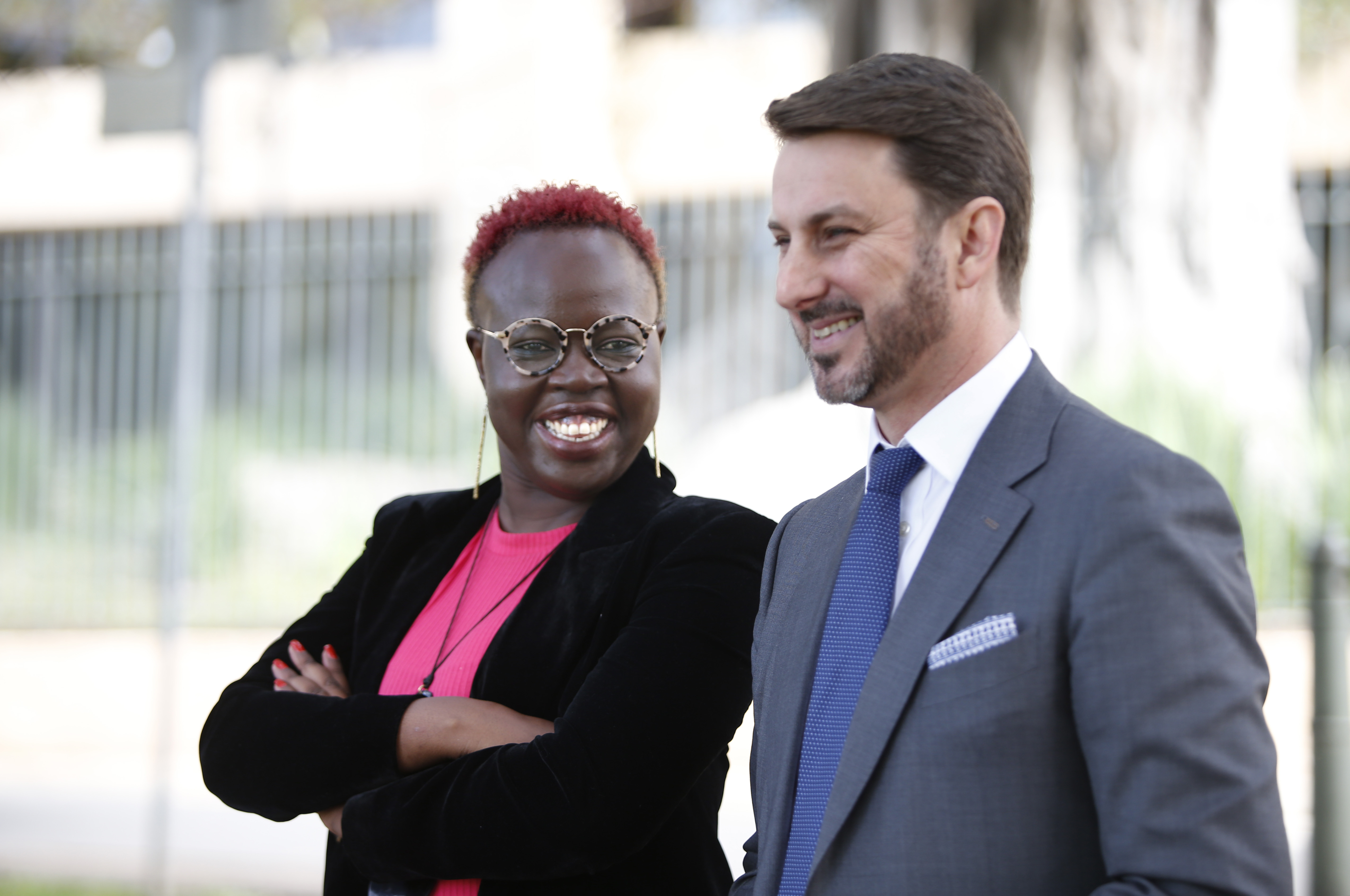Automatic language translation
Our website uses an automatic service to translate our content into different languages. These translations should be used as a guide only. See our Accessibility page for further information.
The Anti-slavery Commissioner for New South Wales is Dr James Cockayne. His 5-year term commenced on 1 August 2022. The role was created by the Modern Slavery Act 2018 (NSW).
The Commissioner’s functions include:
Learn more about how to report modern slavery.
Learn more about the Office of the NSW Anti-slavery Commissioner.

Contribute your ideas via the NSW Government Have your say platform. Complete a survey, share your ideas, or send us a more formal submission. You can participate in as many ways as you choose.
Last updated: